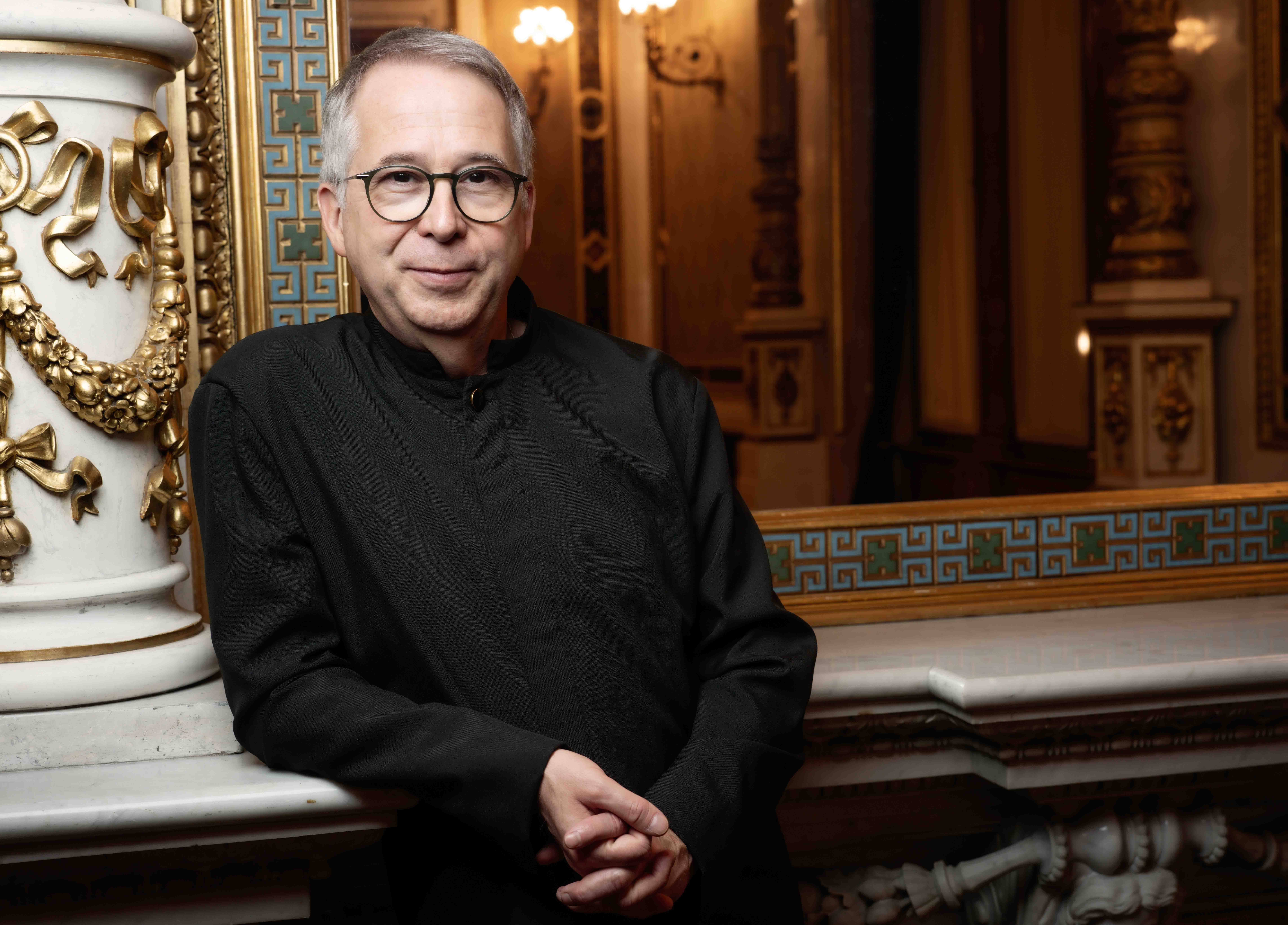»Die Fledermaus«: Offenbach and the unmistakable Strauss style
Interview |

In Vienna, one constantly hears that the influence of Offenbach on the Viennese Johann Strauss is unmistakable. However, the fact that Rossini, Donizetti and Bellini also left their mark - especially in Die Fledermaus - is much less often mentioned. So which influence really prevails: Offenbach's or that of the three Italians, whose works Strauss regularly performed with his orchestra, at least in part?
The three Italians influenced Offenbach to at least the same extent as Strauss! This is yet another popular and superficial comparison that everyone thinks they have to look for today. The development of music was not created in an aseptic space and is above all a product of its time! Of course, the caricature and self-irony that we find in Offenbach are just as important a part of Straussʼ work as certain elements from the bel canto repertoire or a dozen other influences. But we also find a persiflage of the Ancien Régime in Mozart's Le nozze di Figaro, for example - irony was certainly not an invention of French operetta. In any case, I don't believe that musical genetic analysis is of much use to us performers or the audience. It's more something for theory, for musicology and often can't be answered seriously. I know from numerous conversations with contemporary musicians that statements such as "This passage in your piece reminds me of the following earlier composers" are not very popular. Every composer emphasizes the authenticity of their own musical language - and rightly so! But it goes without saying that all of them, without exception, are also inspired by other colleagues: nobody starts composing from scratch, there is no cultural no man's land. And someone like Strauss in particular, who presented an extremely wide range of arrangements of popular novelties from the most diverse sources with his band, knew all about the most diverse musical trends. What is important, however, is the end result of these influences and what a musical genius made of them. And here the following applies: Strauss is Strauss, Offenbach is Offenbach, Mozart is Mozart - and each is unmistakable.
Now, in order to be able to consider and pick up on all the subtleties of a work, you not only need a very precise knowledge of the score, but also of the respective musical style. Although you were born in France, you are undisputedly regarded as a Strauss expert. When or where were you socialized as a Viennese, so to speak?
Initially at the Vienna Volksoper, where a merciful fate brought me directly from the German provinces and where legendary conductors such as Rudolf Bibl then and Alfred Eschwé still work today. During my time as deputy music director of the Vienna Volksoper, I attended countless operetta performances under the direction of such experts and learned a great deal: from Bibl, for example, how to achieve the maximum result with the least possible effort, and from Eschwé how to master the style. My practical immersion in this world then took place in the course of my first own conducting of Fledermaus on this stage. I was able to work with wonderful casts who knew this genre and this music like the back of their hand, and I benefited immensely from every rehearsal: Alfred Šramek, Adolf Dappalozza, Kurt Schreibmayer, Elisabeth Kales, who died much too early, Peter Minich and many others.
There was also Heinz Holecek as Frosch - who, however, brought me to the brink of despair with his extempores in the first performance. Although Holecek had given me a printed copy of his spoken text, he barely stuck to the original for a second during the performance and improvised incessantly. As a result, I had no idea where and when to start with the orchestra. Lost, I flicked back and forth through the text book - much to the amusement of the musicians - until the concertmaster took pity on me and whispered that she would give me the signal to enter - which she did and it worked well.
It was also a tough school at first, but she quickly familiarized me with this repertoire. Years later - I had already conducted Die Fledermaus several times at the Vienna State Opera in the meantime - I was asked to conduct the Fledermaus Overture at a concert in Monte-Carlo. During rehearsals, I talked my head off trying to explain the delay in the third quarter of the Viennese waltz to the orchestra there. It didn't help and we ended up omitting the overture from the concert. Conclusion: it is obviously much easier to realize the French lightness with an Austrian orchestra than the Viennese waltz in France.